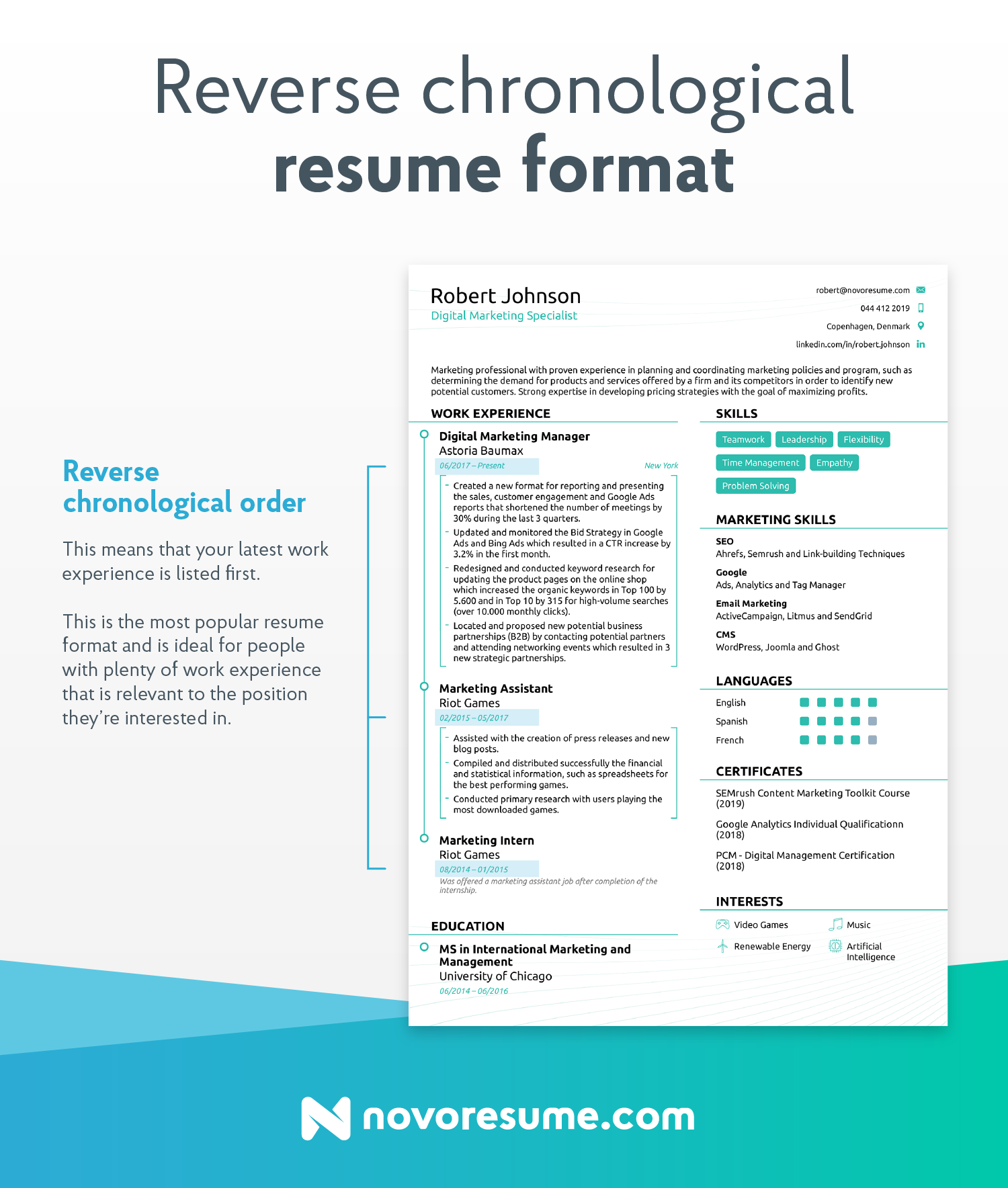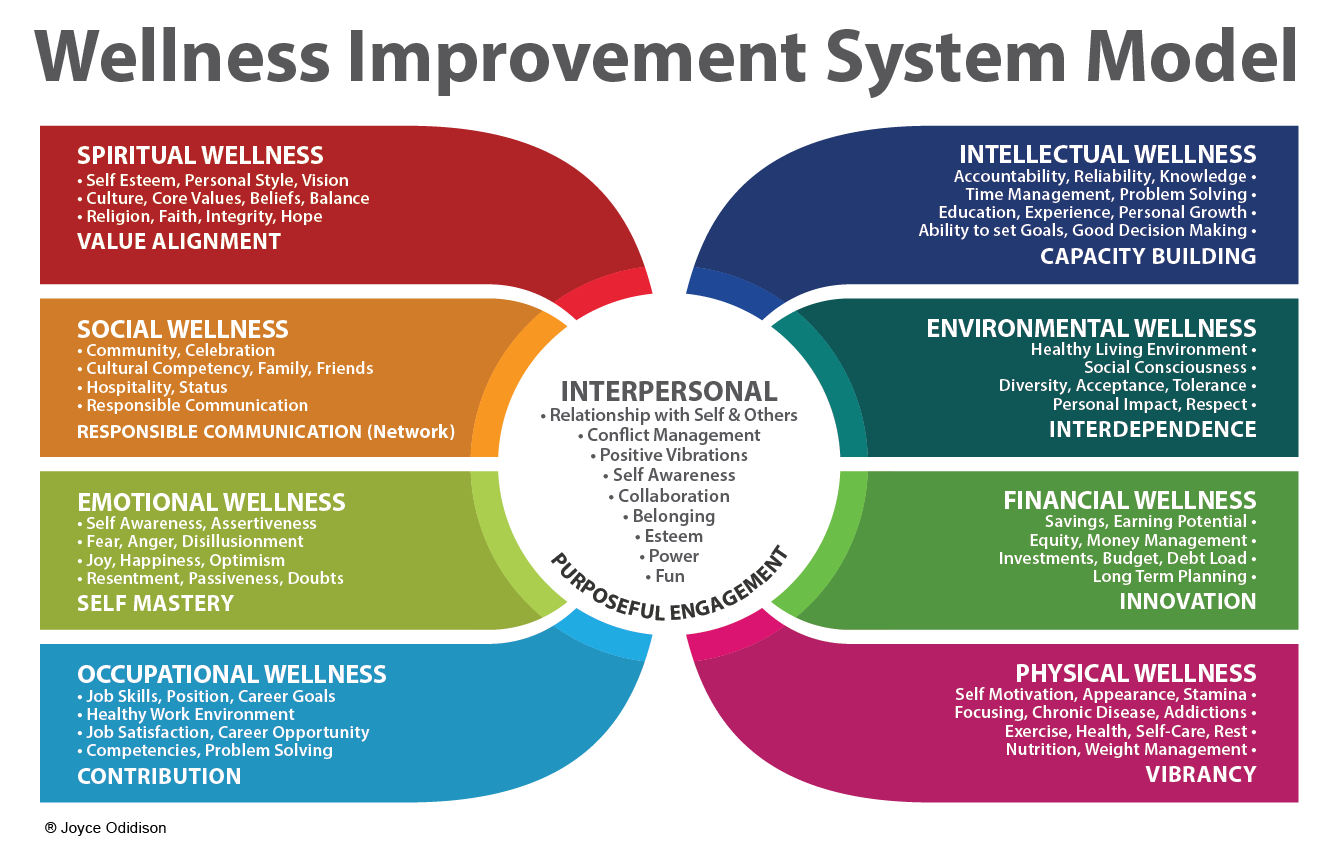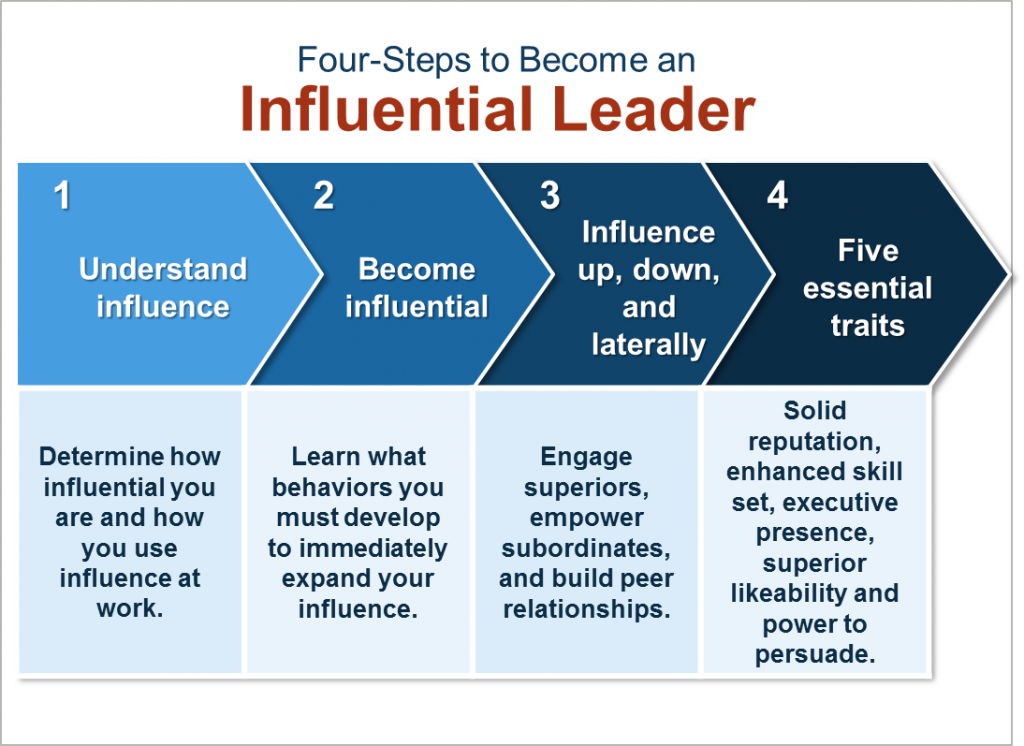 Understand the purpose: Begin by understanding the purpose of a resume for your first job. Recognize that a resume is a concise document that highlights your relevant skills, education, and experiences to demonstrate your suitability for the job you are applying for.
Understand the purpose: Begin by understanding the purpose of a resume for your first job. Recognize that a resume is a concise document that highlights your relevant skills, education, and experiences to demonstrate your suitability for the job you are applying for.
A resume is a vital tool when it comes to securing your first job. It serves as a snapshot of your qualifications and achievements, providing potential employers with a clear understanding of your suitability for the position. However, many young job seekers often underestimate the importance and purpose of a well-crafted resume. To effectively create a resume for your first job, it is crucial to comprehend its purpose and structure.
First and foremost, a resume is a concise document that condenses your relevant skills, education, and experiences into a comprehensive format. It acts as your personal marketing tool, allowing you to showcase your strengths and capabilities to potential employers. It is essential to tailor your resume to the specific job you are applying for, emphasizing the skills and experiences that align with the requirements of the role.
A well-crafted resume should begin with a strong and attention-grabbing summary or objective statement. This concise paragraph should provide a brief overview of your career goals and highlight your key qualifications. It is important to customize this section for each job application, ensuring that it aligns with the position and company you are applying to.
The next section of your resume should focus on your educational background. Include relevant information such as the name of your school, degree or diploma obtained, and any notable academic achievements. If you have recently graduated or are still in school, highlight any coursework or projects that are relevant to the job you are seeking. Additionally, list any certifications or additional training that may enhance your qualifications.
After highlighting your education, it is crucial to showcase your work experience. Even if you have limited professional experience, include any part-time jobs, internships, or volunteer work that demonstrates your skills and work ethic. Focus on the responsibilities and accomplishments that are most relevant to the job you are applying for, using action verbs to describe your achievements and contributions.
Finally, conclude your resume by showcasing any additional skills or qualifications that may be relevant to the job. This can include language proficiency, computer skills, or any specific software programs you are proficient in. Additionally, if you have any relevant hobbies or extracurricular activities that demonstrate your leadership or teamwork abilities, include them in this section.
In summary, a resume for your first job should be a concise document that highlights your relevant skills, education, and experiences. Its purpose is to demonstrate your suitability for the position you are applying for and convince potential employers that you are the right candidate. By understanding the purpose of a resume, you can effectively create a compelling document that increases your chances of landing your first job. Remember to tailor your resume for each application, focusing on the skills and experiences that align with the job requirements. With a well-crafted resume, you can confidently showcase your abilities and embark on your professional journey.
Gather essential information: Collect all the necessary information to include in your resume. This includes your contact details, educational background, any relevant coursework or certifications, work experience (if any), volunteer experience, and any extracurricular activities or accomplishments that showcase your skills and qualifications.
A well-crafted resume is essential when applying for a job or internship. It serves as a representation of your skills, qualifications, and experiences, providing potential employers with a glimpse into your professional background. However, creating an impactful resume requires careful thought and attention to detail. To ensure that your resume stands out from the competition, it is crucial to gather all the essential information and present it in a clear and concise manner.
Start by collecting your contact details, including your full name, phone number, email address, and professional social media profiles. These details enable potential employers to easily reach out to you for further discussion or to schedule an interview. Remember to double-check the accuracy of your contact information to avoid any potential communication issues.
Next, focus on providing a comprehensive overview of your educational background. Mention the schools you have attended, along with the degrees or diplomas you have obtained. Include any relevant coursework or certifications that highlight your expertise in specific areas. This demonstrates your commitment to continuous learning and professional development.
If you have any work experience, whether it’s a part-time job, an internship, or a full-time position, be sure to include it in your resume. List the companies or organizations you have worked for, along with the duration of each employment. Provide a brief description of your responsibilities and achievements, emphasizing the skills you have acquired and the impact you have made in previous roles. This information allows potential employers to gauge your level of experience and suitability for the position.
Volunteer experience can also play a crucial role in showcasing your character and values. When relevant, include any volunteer work you have done, highlighting the organizations you have contributed to and the skills you have gained through these experiences. Volunteering demonstrates your commitment to giving back to the community and your ability to work in diverse environments.
Lastly, consider including any extracurricular activities or accomplishments that demonstrate your unique skills and qualifications. This can include leadership roles in clubs or organizations, participation in sports teams, academic achievements, or any other noteworthy accomplishments. These additions not only highlight your versatility but also provide insight into your ability to manage multiple responsibilities and excel in various areas.
In conclusion, gathering essential information is the first step in creating a compelling resume. By including your contact details, educational background, work experience, volunteer experience, and any relevant extracurricular activities or accomplishments, you provide potential employers with a comprehensive overview of your skills and qualifications. Remember to present this information in a clear and concise manner, showcasing your unique strengths and showcasing why you are the ideal candidate for the job. With a well-crafted resume, you increase your chances of securing the career opportunities you desire.
Structure your resume to create an organized and easy-to-read document that highlights your qualifications and experiences effectively. Begin with a header that features your name and contact information prominently. This will make it easier for potential employers to reach out to you.
After the header, include sections that showcase your skills, education, work experience, and activities/achievements. If you believe it is necessary, you can also add an objective section where you can briefly explain your career goals and aspirations.
Starting with the education section, provide details about your academic background, including the institutions you attended, the degrees you obtained, and any notable achievements or honors. This section should be concise and straightforward, emphasizing relevant coursework or research projects that are applicable to the job you are seeking.
Next, focus on your work experience. Include information about the companies you have worked for, your job titles, dates of employment, and a brief description of your responsibilities and accomplishments in each role. Quantify your achievements wherever possible, using numbers and statistics to showcase your impact and contributions in previous positions.
In the skills section, list any specific technical or transferable skills that are relevant to the job you are applying for. This could include proficiency in specific software or programming languages, language skills, or any other abilities that make you stand out as a candidate.
Lastly, include a section for activities and achievements that may not directly relate to your professional experience but demonstrate your passion, commitment, and personal growth. This section can highlight any leadership roles you have held, community service, awards, or extracurricular activities that showcase your well-roundedness and ability to excel beyond the workplace.
Remember, it is crucial to tailor your resume to the specific job you are applying for. If you have volunteer experience or references that are relevant to the position, feel free to include additional sections to further enhance your application.
By structuring your resume in a clear and organized manner, you will make it easier for employers to navigate and understand your qualifications. A well-structured resume will not only catch the attention of hiring managers but also demonstrate your professionalism and attention to detail – qualities that are highly sought after in the job market.
Tailor your resume to the job: Customize your resume for each job application to highlight the skills and experiences that are most relevant to the position you are applying for. Carefully review the job description and identify keywords and requirements mentioned by the employer. Then, incorporate these keywords and tailor your resume accordingly to showcase how your qualifications align with the job requirements.
When it comes to landing your dream job, it’s crucial to stand out from the competition. One effective way to do this is by tailoring your resume to the specific job you’re applying for. Gone are the days of sending out a generic resume to every employer. Instead, take the time to carefully review the job description and identify keywords and requirements mentioned by the employer.
Once you have a clear understanding of what the employer is looking for, it’s time to incorporate these keywords and tailor your resume accordingly. Start by evaluating your own skills and experiences and selecting those that are most relevant to the position. Highlight these qualifications throughout your resume, using specific examples to showcase your abilities.
For instance, if the job requires strong leadership skills, emphasize your experience as a team leader or any instances where you successfully managed a project. If the employer is seeking someone with excellent communication skills, mention your experience in public speaking or any roles that required effective collaboration with diverse teams.
The goal is to demonstrate to the employer that you not only meet their requirements but also exceed them. By using the employer’s keywords and emphasizing your relevant qualifications, you’re showing that you’ve taken the time to understand their needs and that you’re the perfect fit for the position.
However, it’s important to strike a balance. While customization is key, avoid the temptation to exaggerate or include irrelevant information. Be honest about your skills and experiences, and only include what is truly relevant to the job. Employers appreciate authenticity and want to see a clear and concise resume that highlights your strengths.
In conclusion, tailoring your resume to the job you’re applying for is crucial in today’s competitive job market. By customizing your resume to highlight the skills and experiences that align with the job requirements, you increase your chances of standing out and landing an interview. Take the time to carefully review the job description, identify keywords, and incorporate them thoughtfully throughout your resume. Remember to be authentic and honest, showcasing your qualifications in a clear and concise manner. With a tailored resume, you’ll be one step closer to securing your dream job.


